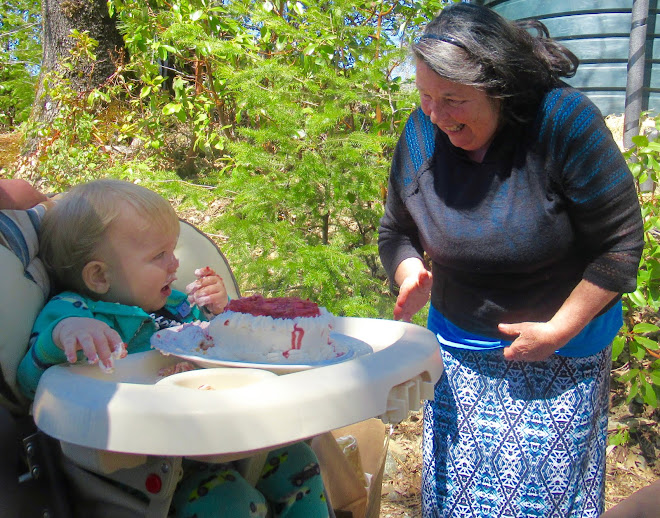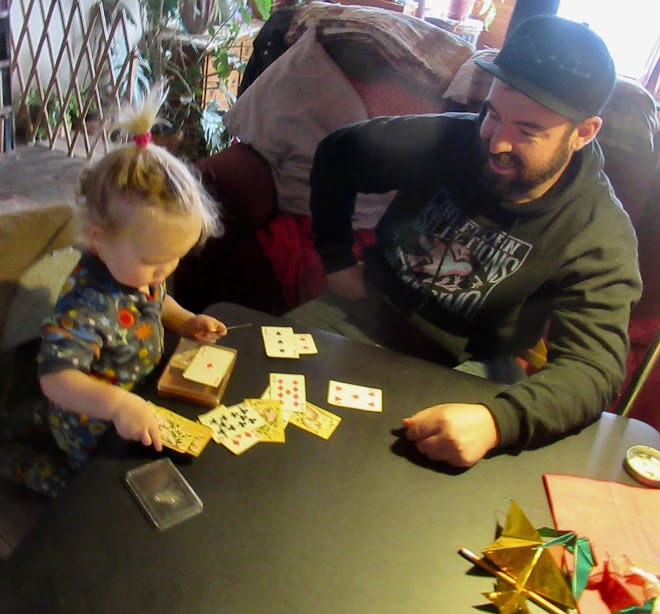This is Episode 3 in the story of the formation, rise and fall of the little education collective that used to exist up here on our mountain. I wrote and posted this account three years ago on my blog and then pulled it off because someone whose name I had not changed, objected. Now I have changed both the name of the little school itself, and the names of everyone who might be negatively impacted, and plan to re-post the story, one episode per day, until all 32 are again on my blog.
The Deal Breaker
“I understand, Honey, but why don’t you just explain that to my boys? Better still, why don’t you explain it to Annie? Just be prepared to draw back a stump.” I was trying to explain to Imika why not getting paid for my carpentry was never going to fly.
“I am trying as hard as I can to work something out. Just give me a few days. What are you going to do?”
“Well, ultimately, I’m not going to do anything. I’m not going to finish the paneling in the kitchen. I’m not going to do any retaining wall, and I am not building any additions.”
Imika’s face fell, as I dismissed the plans she had been discussing, ever since I had been working here. “What if I get the money?”
“Well, Imika, I don’t think there’s any question that you are not going to get the money. The question is, when? How do I know if I get involved in these other projects, that you won’t have another cash-flow problem? I can’t afford to have that take place. My creditors do not seem to understand when I tell them it is not my fault that I cannot make my land payment. So what do you think about that?”
“I can make arrangements. I just didn’t expect this other transaction to fail. I won’t let it happen again.”
She was true to her word, which was fortunate, because as her behavior towards the other members of the collective began to escalate, I began to get sort of worried.
The central conflict with Bell Springs School began because Imika failed to maintain her parental responsibilities in participating in the collective. In addition to a tuition, which went towards the acquisition of teaching supplies, including books, a child’s parents were required to spend ten hours a month in some capacity around the school. It could be helping out in the classroom or it could be working on a project, like the one we did the first month I was on board: building a wheelchair ramp, so that the school was accessible to all.
We did work parties where we all combined to cut, split, haul and stack firewood for the school. We did raffles for which we would need to cut, split, haul, deliver and stack cords of firewood to the winner(s), and we did fund raisers up at Reggae on the River, back when it was “Electric on the Eel” and that is going back a ways. The Bell Springs booths were epic efforts by our entire community, to prepare and sell an array of foodstuffs, from baked goods and pizza bread, to ice cones, coffee and organic green salads. Different years featured different menus, but the cast of characters remained those involved in the collective.
Years down the line Marbry would regale us with stories of keeping both the booth running efficiently, and her sanity, though which was the one with the less tenuous grasp was hard to say. She seemed to be keeping her sanity, but was that possible? She told us she used to rely on Casey to help out when it got late. She could hand him the cash box and ask him to tally it up and she would bunk down in the booth.
I would love to give examples from personal experience, but my participation in Reggae was exclusively behind the scenes. I could help haul the booth up to the site, and I could be part of the set-up, but I could never have functioned amongst all those people, without having to bail out. I could even do Pignic, because there were fewer people, and I knew everyone who was in charge, but never Reggae.
More serious problems between Imika and Bell Springs Scholl materialized originally because she was not spending any time at the school putting in her ten hours. This was the first problem, and it was one that could be overlooked in an effort to avoid a confrontation. The second problem could not be overlooked. Misha was not fulfilling the terms of the contract that she was issued each week, something that was key to the success of the collective. All students were issued contracts to cover the two school days’ work that took place in the home. The way the schedule was set up, the kids had three days in a row at school and then four consecutive at home.
Parents worked with kids at home the way parents have always been encouraged to interact with their children, when it comes to lending support for homework. A child with no support from within the home is more likely to falter when it comes to fulfilling other educational responsibilities. Unfortunately for Imika, it was a central stipulation for participation in Bell Springs. In fact it was a deal breaker.
Karen had the responsibility of assessing the work and subsequently, the progress of the children at the collective. For Karen to examine all of the returned work, and not notice the discrepancy between that turned in by Misha, and that turned in by the others, was unthinkable. There was nothing wrong with Misha’s intellectual capabilities.
Karen’s efforts to get Imika to take a greater part in the educational process yielded nothing. Eventually Karen was left with no choice, but to inform the school district that she was no longer willing to oversee Misha’s contract because she was not willing to take the chance that Misha’s academic liabilities would be associated with her mentorship, and that made Karen withdraw from the entire process, effective at the end of that current school year (1988-89).
As a result of everything that occurred, the decision was made to dismiss Misha from the collective. If the terms of the contract could not be met by Imika, the collective felt that it was in Misha’s best interests to go to school in town, where she could be immersed in classroom activities five days a week.
Without a district liaison, Bell Springs could no longer function as an entity of the district. The contract money that was paid first to Karen, and then later, to me, went directly into the collective coffers to defray the cost of the materials used on a daily basis. The school could and would still go on without that money, but no one wanted to sever connections with the district, because the liaison kept the little collective aligned with the curriculum of the district. Eventually the Bell Springs kids went down to the school in town about middle school age, and no one wanted our kids entering the school system, out of synch with the rest of the students.





















No comments:
Post a Comment